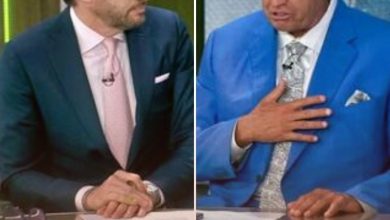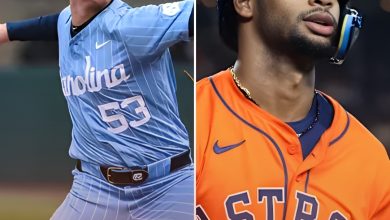The overlooked contract extension the Brewers must lock in before it slips away .MH
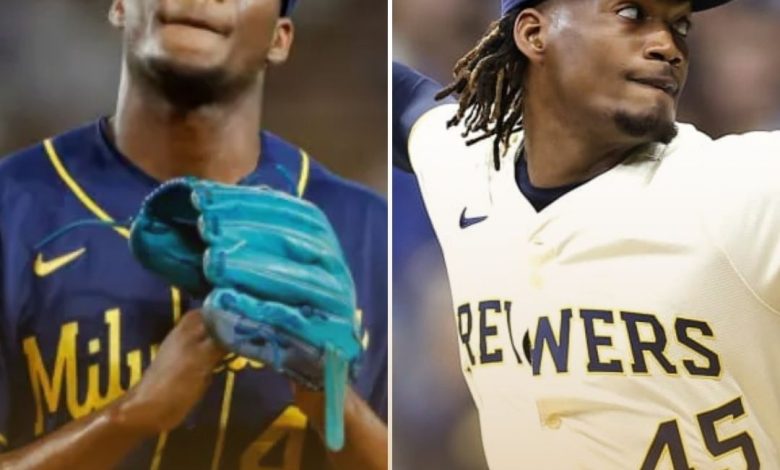
Reports from the GM Meetings in Las Vegas indicate that the relief pitcher market will be the first to move this winter. With names like Edwin Díaz, Robert Suarez, Raisel Iglesias, Devin Williams, and more all available on the free agent market this offseason, teams looking for an upgrade in their bullpen have no shortage of options, assuming they are willing to pay the premium price tags associated with them.
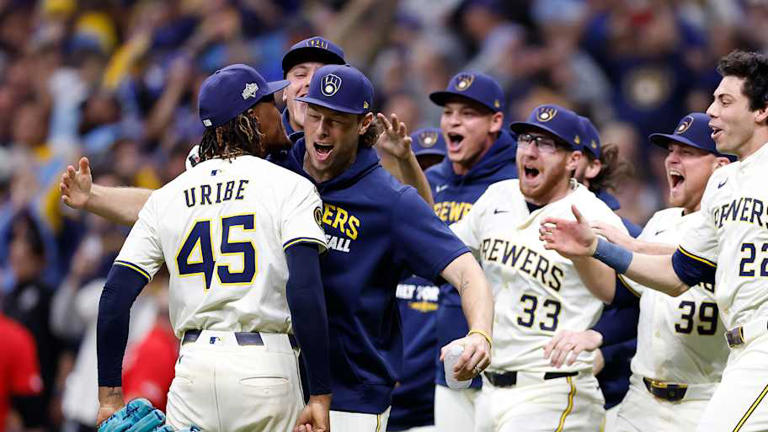
The Milwaukee Brewers likely won’t be players in the top-tier free agent relief pitcher market this offseason, as the team is expected to return most of its relief corps from its record-breaking 2025 season. Additionally, paying high price tags for relief pitchers isn’t something the Brewers have made a habit of doing during their current streak of success. Rather, the team has relied on a combination of extremely talented homegrown stars and a highly successful pitching lab that turns struggling relievers into high-leverage arms in order to fill out their bullpen.
Avoiding the high salaries that top-tier relievers are commanding on the open market these days also involves the Brewers trading away their star bullpen arms before they hit free agency. Ensuring that they get something in return before they inevitably lose their relievers to the higher bidders in free agency allows the Brewers to continue prolonging their Golden Age, but it requires the team to have a suitable replacement for said relievers in their pipeline. The strategy led to Williams replacing Josh Hader when the latter was dealt at the 2022 trade deadline and Trevor Megill replacing Williams when the Brewers sent the holder of “The Airbender” to the New York Yankees last offseason.
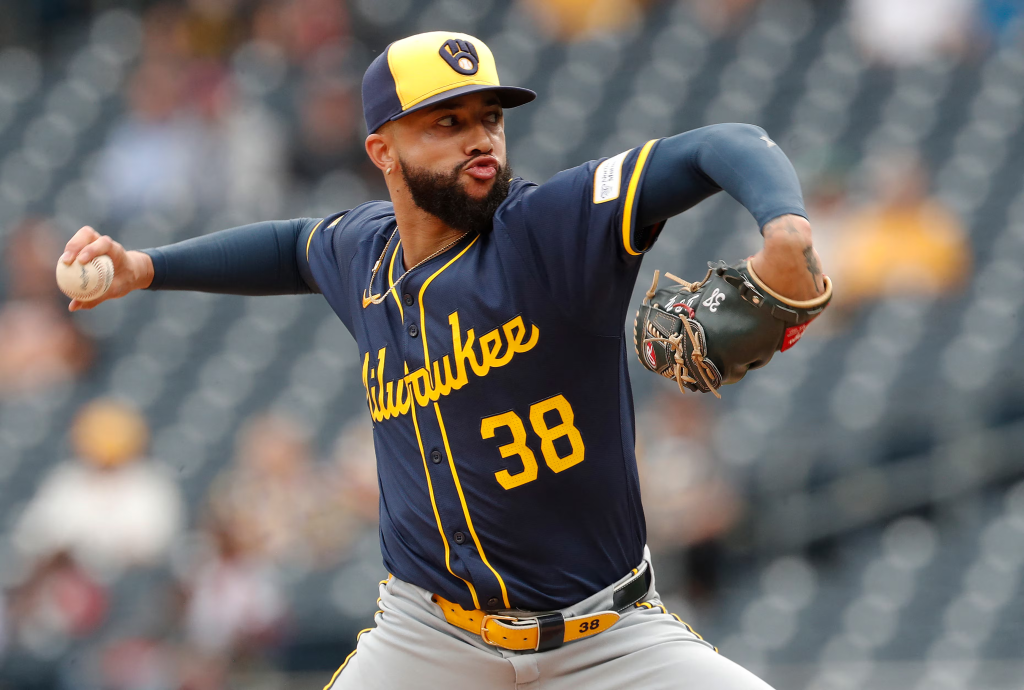
However, an alternative strategy to trading away your players right before they hit free agency for a small market team like the Brewers is to offer them contract extensions early on in their career. The risk of uncertain outcomes balances out the reward of signing a player to a cheaper contract than if they were already an established star. The strategy wouldn’t have worked for Williams, who was the Rookie of the Year in his debut season, meaning the price tag of an extension would have been rather substantial, but it could work for a current Brewers reliever who has had an inconsistent start to his MLB career.
The Brewers should explore an Abner Uribe contract extension this offseason
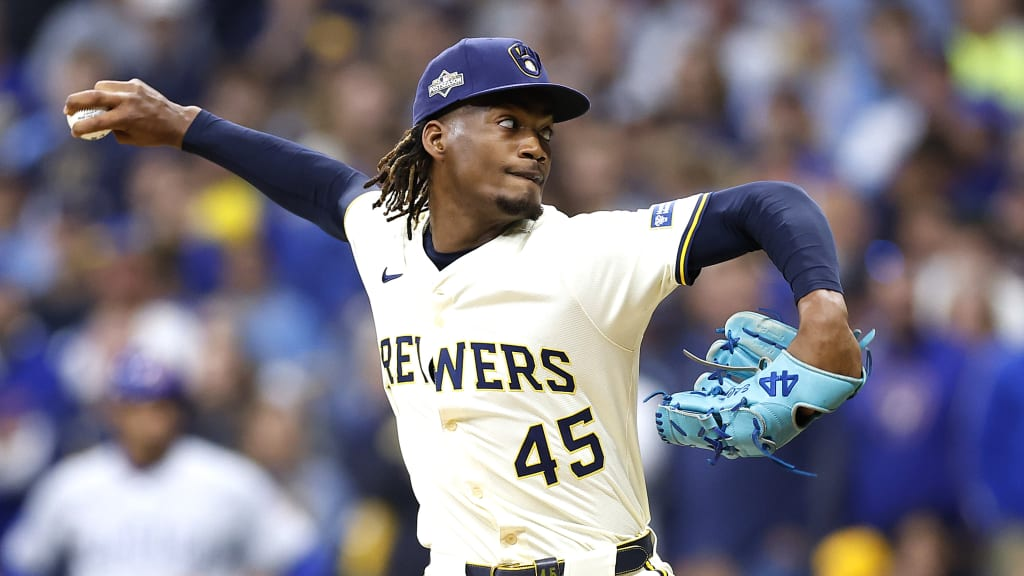
The art of contract extensions in Major League Baseball is a tricky one. From the club’s perspective, it involves betting on a player before they have shown their full potential to one day reap the benefits from a contract that is far less than the players’ value on the diamond. From a player’s perspective, it involves capitalizing when your value is the highest to ensure that you don’t leave any money on the table in future seasons.
However, there’s an added bonus for young players who sign contract extensions before they have hit free agency for the first time: guaranteed money. See, before a player signs a free agent deal or an extension, their contract is not guaranteed for the next season. The organization could simply choose not to tender a player a contract and said player would be left trying to find a new team in order to earn a salary in the following season. Injuries also have a greater impact during this time in a player’s career, as one significant injury could completely alter a player’s earnings for the rest of their career. As such, younger players often have an added incentive to sign a contract extension as early as possible in their careers to ensure that they secure a guaranteed salary for several years. This motivation led to both Freddy Peralta and Aaron Ashby signing contract extensions before they reached arbitration eligibility.
This offseason, while the Brewers are likely to offer contract extensions to Brice Turang and William Contreras, they should also entertain extending one to Abner Uribe. Uribe still has five years of team control remaining, so the urgency is not related to his time left with the Brewers, but rather how quickly his salary could rise once he does reach arbitration eligibility in 2028.
At some point in the next two seasons, Uribe is almost guaranteed to take over as the Brewers’ closer. Not only did he show that he was up for the task at the end of the 2025 regular season and in the postseason, but Trevor Megill, the Brewers’ current closer, is set to become a free agent at the end of the 2027 season. That means that Milwaukee will almost certainly entertain trade offers for Megill next offseason and potentially even this winter if the right offer presents itself.
As a result, Uribe is going to start racking up saves in the near future. Saves are one of the key contributors to arbitration salaries, meaning the more saves a player collects, the higher their salary will be the following year. The process prevented Hader from earning the $6.4 million salary that he asked for way back in his first year of arbitration eligibility in 2020 because he only had one year of saving games under his belt.
Assuming Uribe continues to save more and more games over the next two seasons, he will be in line for a major pay day when he becomes arbitration eligible after the 2027 season. That growing salary over the next three seasons would likely lead the Brewers to follow the Williams and Hader paths and trade Uribe prior to his final season of team control in 2030. However, if the Brewers instead agreed to a contract extension with Uribe this offseason, they could get ahead of his high-salary years and extend the amount of time that he spends in Milwaukee.
What could an Abner Uribe extension look like?
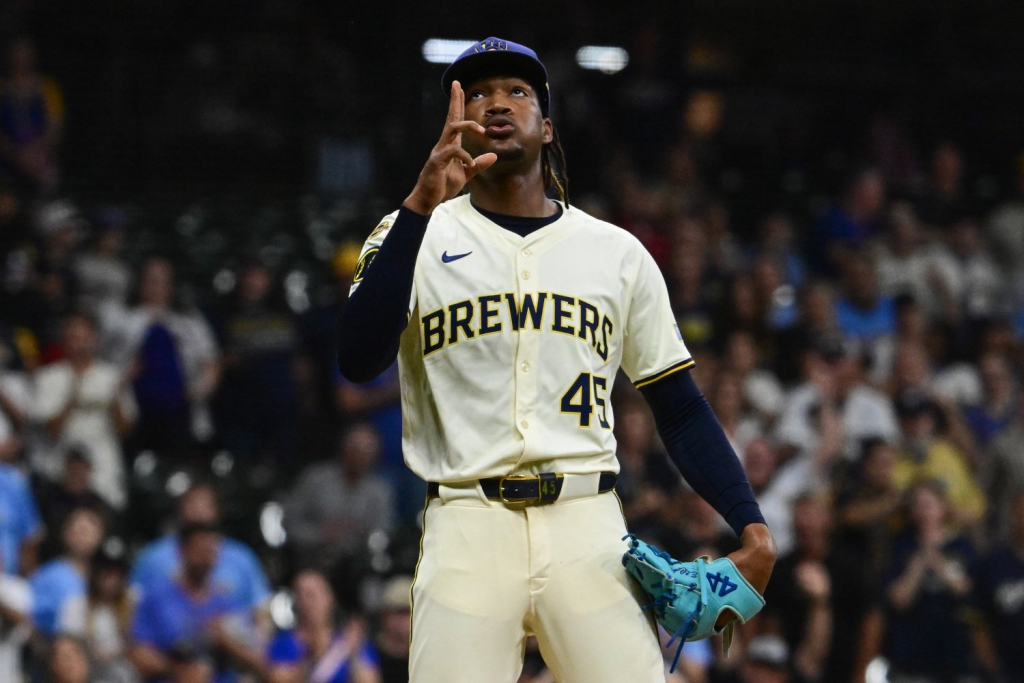
Ironically, an Uribe extension that mirrors the one Ashby signed as a starting pitcher back in 2023 would make a lot of sense for both Uribe and the Brewers. Ashby agreed to a five-year, $20.5 million contract extension with two club option years when he had five years of team control remaining — the same amount that Uribe currently has.
Ashby’s extension bought out two of his pre-arbitration years and all three of his years of arbitration eligibility, which has worked in his favor as he’s battled injuries over the last few seasons. The Brewers’ reward for losing some money during Ashby’s pre-arbitration years was the two club options that could end up being far less than what a player like Ashby would command on the open market.
A five-year, $20 million extension with one or two club options for Uribe gives him a significant raise over the next two seasons, when he’s otherwise expected to make the league minimum, which is $820,000 this year, but theoretically gives the Brewers a good deal for the following three seasons. After all, Hader ended up making $4.1 million in his first year of arbitration eligibility, and Williams made $3.35 million in his. At $4 million a year, if the Brewers believe Uribe is their next closer, the team would be getting an excellent deal in the final years of the contract as well as the added two club option years.
For Uribe, who has had an inconsistent start to his professional career, it’s an opportunity to cash in on his excellent 2025 season and secure a consistent salary for at least the next five years. Add to that the substantial raise that he would be getting during the first half of the contract, and the decision feels like a no-brainer for both parties.

